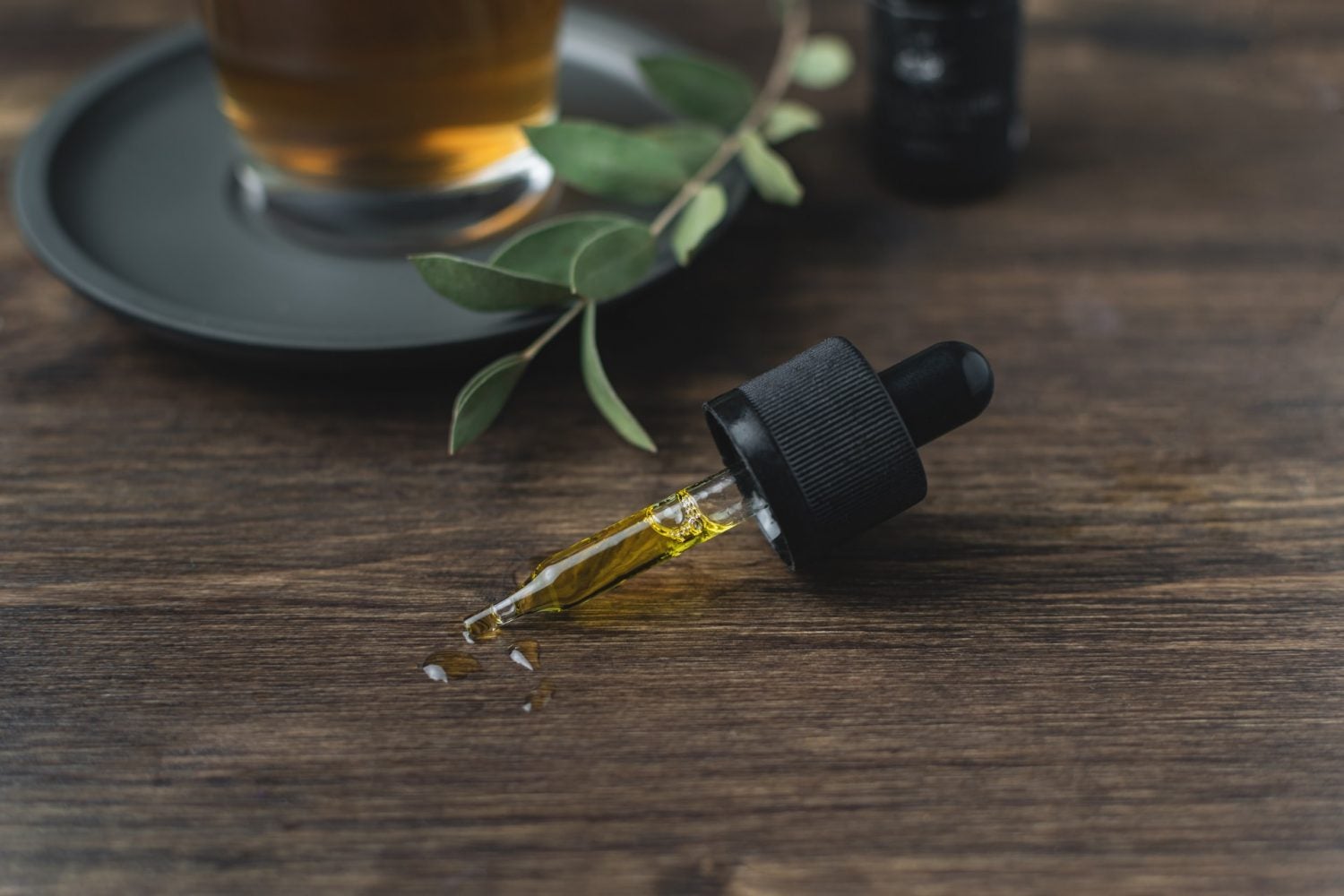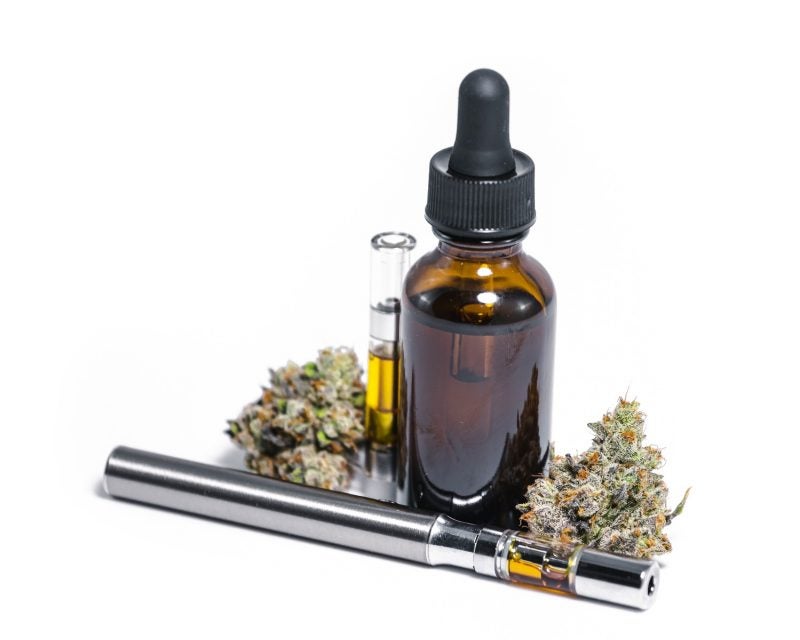Though not exactly a new discovery, Delta-8-THC has been gaining popularity on the cannabis market in the past year. It offers the healing properties people often associate with weed paired with a mild high anyone can enjoy.
This compound’s chemical composition puts it into a kind of a grey area when it comes to law. Regulations are still unclear and, until they are, delta-8 will remain the perfect option for those who need to relax but don’t want to get too intoxicated.
What exactly is delta-8-THC, and is it truly a legal substance to buy and use? Find out the answers below.
What Is Delta-8-THC?
Cannabis contains over a hundred active compounds. The most famous ones are CBD and delta-9-THC, popularly known as just THC. Delta-8 is simply another compound in the group.
It is somewhat similar to its cousin delta-9. “The only difference between the two is the position of a double bond in their chemical structure,” said Kevin Miller, Finest Labs’ co-founder. Namely, delta-9 has this bond on its 9th carbon, while delta-8’s is on the 8th. However, no matter how insignificant this difference may seem, it makes the two compounds entirely distinct.
Delta-9 can help you relax and manage pain. Apart from that, it also gives you a rather intense high that can often make you feel too disoriented, anxious, and paranoid.
Delta-8, on the other hand, offers you all the same health benefits as delta-9, but with a milder high. It can help you unwind and forget about your problems without any adverse side effects. It is often referred to as “diet THC,” meaning that it is about half as strong as delta-9.
The Effects of Delta-8-THC
As we have already mentioned, delta-8 is great at helping you relax. After you take it, your mood will slowly become mellow, and you will be able to chill. It is an excellent option after a challenging and stressful day at work. In addition, it can help you during weekends when you want to forget about your responsibilities fully. Most people who wants to relax on a weekend would prefer and try smoking D8.
Delta-8 is a fantastic supplement if you have problems with your appetite. The compound can boost it and ensure you have a healthy meal schedule. Delta-8 can also help with nausea by calming down your stomach and helping you keep food down more easily.
Delta-8 can also reduce your anxiety, whether it is at social events or just in general. It is also quite handy with chronic pain, with many people saying that they stopped taking painkillers and started using delta-8 products instead. The same goes for migraines, where delta-8 has proven to be especially effective.
Finally, delta-8 could be of great use to anyone struggling with insomnia or restless sleep. It can calm you down and reduce your anxiety enough so that falling asleep becomes easier. In addition, it can ensure you actually get rest while sleeping instead of just tossing and turning all night.
Is Delta-8 Legal?

The answer to this question is not that simple. The rules and regulations on cannabis products have always been rather blurry, and they are not transparent even for well-established products such as CBD oils. So, it comes as no surprise that delta-8 products are even less clearly regulated.
Generally speaking, all cannabis products extracted from marijuana are illegal. On the other hand, those derived from hemp are legal on the federal level since 2018. However, delta-9 is a strictly forbidden substance, regardless of whether it comes from hemp or marijuana. It would make sense that the same rules applied for delta-8 as well.
That is where the chemical difference between delta-9 and delta-8 comes in. It makes the two compounds fully distinct and ensures that the rules that apply for one do not necessarily apply to the other. In fact, no law on cannabis products mentions delta-8 at all.
As such, this compound is the biggest loophole in the entire system. Essentially, it is a drug that can get you mildly high, and it is entirely legal. Or, to be more precise, no law or bill states that it is illegal.
This loophole has enabled manufacturers to jump on the delta-8 trend and start making oils, vapes, and edibles. The delta-8 part of the industry is booming, and new products are popping up every day.
Until the FDA makes an official decision or changes the existing rules to include delta-8, these products will remain legal. Seeing how long it is taking them to regulate the CBD market fully, a transparent decision will not be coming any time soon.
So, Should You Purchase Delta-8 Products?
Taking into account how unregulated this area is, it is normal to be a bit apprehensive about purchasing something you are not sure is legal. Our advice is to consider your state laws first before making any decisions.
If your state has strict rules that prohibit the sale and purchase of marijuana, you might want to consider CBD products. Even though no clear rules on delta-8 exist, such US states might not allow products derived from hemp, either.
If your state has a more flexible system of rules on marijuana, you will most likely be able to buy delta-8 products in person or online without problems. Of course, the same probably won’t apply to traveling with delta-8 across state borders or internationally. In such cases, it would be best not to carry delta-8 products with you.
All in all, it seems that you are pretty much left to luck and fate when it comes to the legality of delta-8 products. Certain officials might interpret the law in one way, while others will do it differently. Until there are more precise laws on the matter, that is all you can count on.
In Conclusion
Delta-8-THC is the newest trend in cannabis circles. It provides users with the health benefits of CBD combined with the high people expect from regular weed. However, this high is only mild and without adverse side effects.
The rules and regulations around delta-8 are still rather unclear. Just as no law says they are illegal, no one guarantees you will be able to buy or use them without problems. Thus, it is essential to be careful and do thorough research before purchasing anything.
Apart from that, the only thing you can do is wait for the FDA to regulate the market fully. Until that happens, the lines will remain as blurry as ever.



















